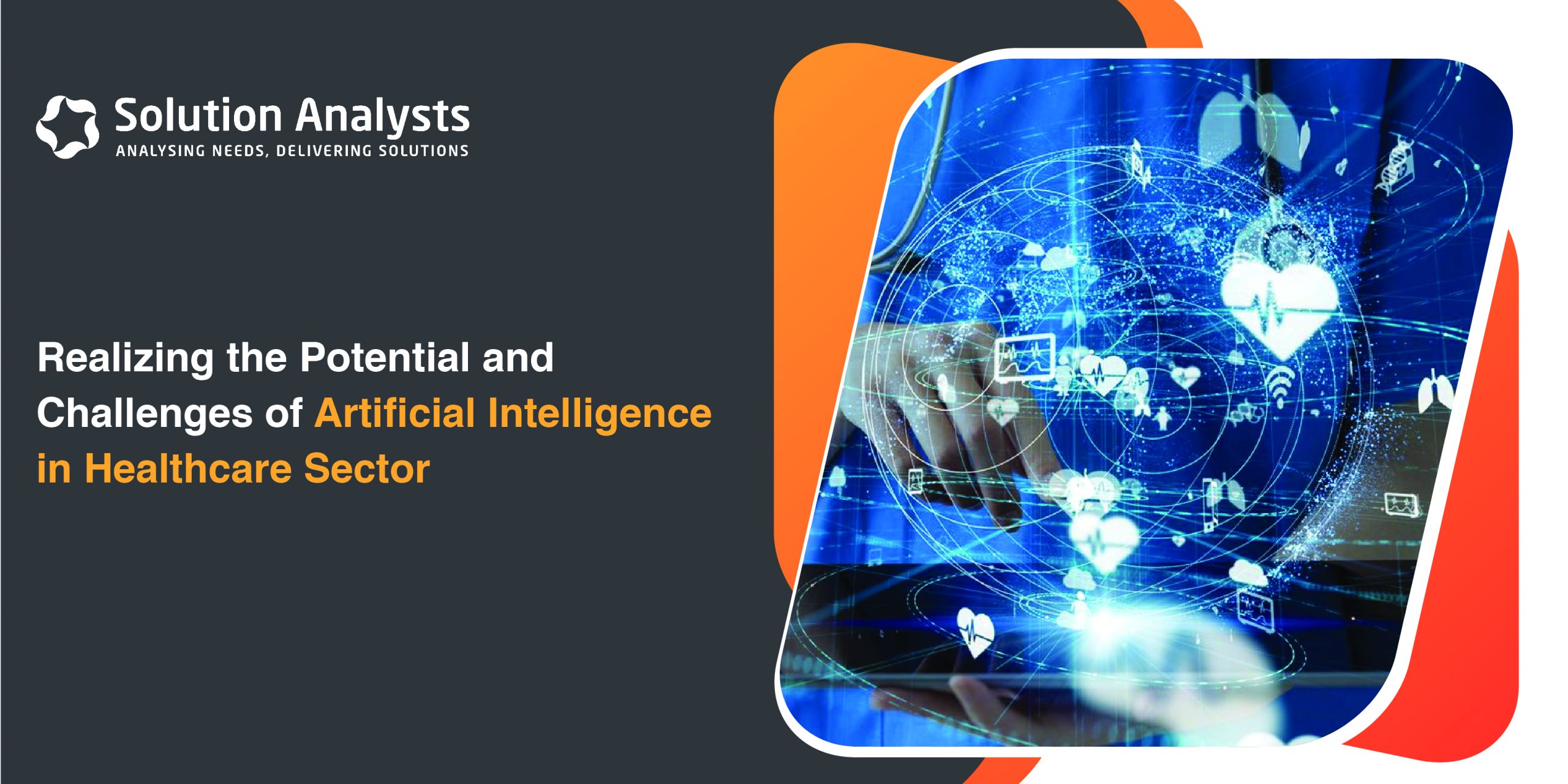
Table of Contents
Artificial Intelligence is creating an unbeatable impact on our lives. After undergoing massive AI-based digital transformation, people still wonder how advanced AI furthermore can refine human lives in a manner of being more productive. Artificial intelligence application development company taking all initiative to utilize the AI capabilities in different sectors and their major areas.
As in the other fields, AI-based solutions are increasingly being incorporated into the healthcare ecosystem as well. It empowers the healthcare industry to effortlessly perform crucial activities that priorly conducted manually. No doubt, AI is huge when it comes to the healthcare domain. Altogether, it will unleash multiple opportunities to optimize the medical management framework. According to Acumen Research and Consulting, by 2026, the worldwide market of AI will reach $8 billion.
In this blog, we will discuss how healthcare still implements AI to unfold real potential. Also will focus on the challenges while choosing AI Application Development Solution.
AI Implementation in Healthcare Industry: Realizing the Growth Potential
The rapid acceleration of data in healthcare is building complexity across the business model and operations. The urge to drive modern healthcare can be achieved by incorporating the right AI-based solution. Researchers have already demonstrated that AI can perform key healthcare tasks, such as disease diagnosis, as well or better than humans.
Healthcare services providers have to take a step further to reinvent and reinvigorate the entire process of providing their world-class services through exploring the yet unexplored potential of AI. Let’s see how…
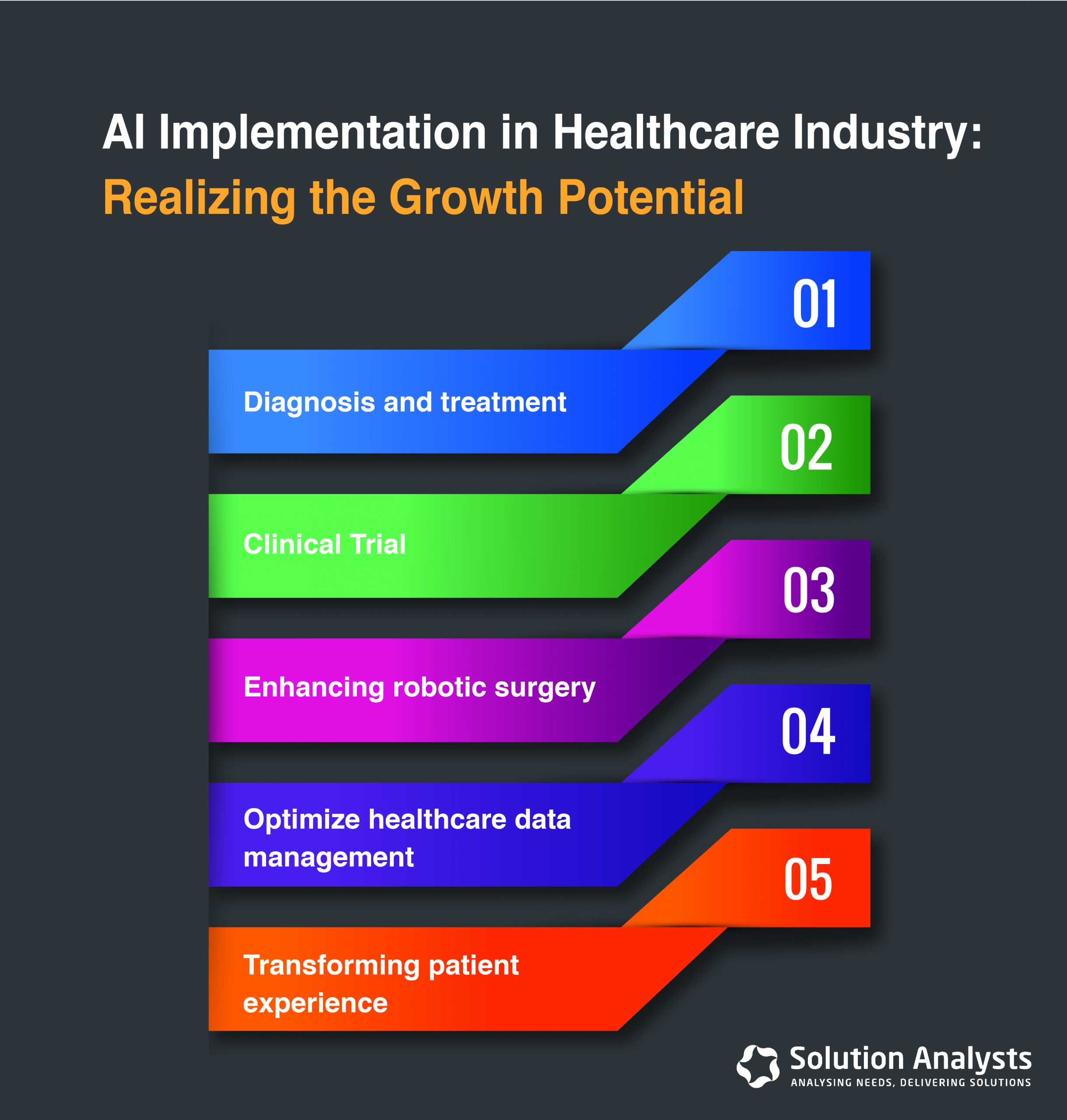
Diagnosis and treatment
When it comes to present diagnostic and therapeutic standards, there is undoubtedly space for improvement. According to the Institute of Medicine of the National Academies of Science, Engineering, and Medicine, roughly 10% of patient fatalities are caused by diagnostic mistakes (NASEM). AI is able to assist with all of these issues and more, it turns out.
AI can help hospitals and clinics enhance their treatment processes in a broad range of ways. It is possible to modify a treatment’s strategy and follow-up actions. Physicians can go through the process more quickly than ever due to a massive collection of patient data and the conversion of that data into insightful knowledge.
As Per the Some Conducted Studies
- Google researchers recently showed that a trained neural network was faster than professional radiologists in identifying lung cancer in medical photos.
- A recent research published in the Journal of the National Cancer Institute demonstrated a 95% accuracy rate for AI breast cancer diagnosis.
- Additional research has revealed that AI can diagnose eye disorders just as accurately as skilled medical professionals.
Clinical trial
AI combination with big data has much more potential in solving many key challenges in clinical trial processes. We are awarely that AI and advanced analytics were viewed as digital technology with the bucket of potential to improve clinical R&D productivity.
With AI capabilities, AI solution provider companies can develop clinical trial applications for both the near and long term. AI innovation in the field of clinical transformation can be proven to revolutionize through seamlessly combining phases I and II of clinical trials, developing novel patient-centered endpoints, and lastly by collecting & analyzing real-world data.
An analysis of clinical-trial data from January 2000 up to April 2019 was the result of failed clinical trials. The top reason for clinical trial failure was the inefficiency and vulnerability of an intervention. Another reason was the inaccuracy of data and lack of money. Thus, after facing the huge failure, experts are now turning toward AI based solutions to improve clinical trials.
Researchers have access to rapidly increasing quantities of medical data, including those from electronic health records and wearable devices. With sophisticated machine-learning algorithms, billions of dollars can be saved, medical advances can be sped up, and experimental treatments can be made more accessible.
Enhancing robotic surgery
Automating the surgery process is another potential AI holds that needs to be unleashed. No doubt, healthcare app development company is putting all efforts into utilizing machine learning tools to improve robotic surgery.
Surgical robot assistants can contribute more in terms of assisting surgeons with invasive procedures and improving their performance as a whole. Collaboration with the UIC team to use AI to get an understanding of surgery tasks with the aim to improve surgeons and robots to enhance their knowledge.
Hence, the Healthcare sector is understanding the need for deep learning of data that can be applied while enhancing robotics surgery. This deep machine learning data is collected by watching surgeons execute surgery. Afterward, AI can identify trends in surgical processes to enhance best practices and increase the control accuracy of a surgical robot to submillimeter precision. Machine vision and AI are also being used to analyze scans and find cases of cancer.
Optimize healthcare data management
Healthcare is one of the industries that has full information, including patient data, claim information, health record, and other crucial files of data. Unquestionably, to effectively manage the information concerning patients and hospitals, healthcare service providers harness the potential of digital solutions. Healthcare, knowingly or unknowingly, fails to protect their data from cyber-attacks, losing information, and mixing up data handling. In turn, this results in missing records. This type of mistake can cause a disaster during the course of treatment and other medical procedures. The reason is, the relevant information is crucial to a successful recovery.
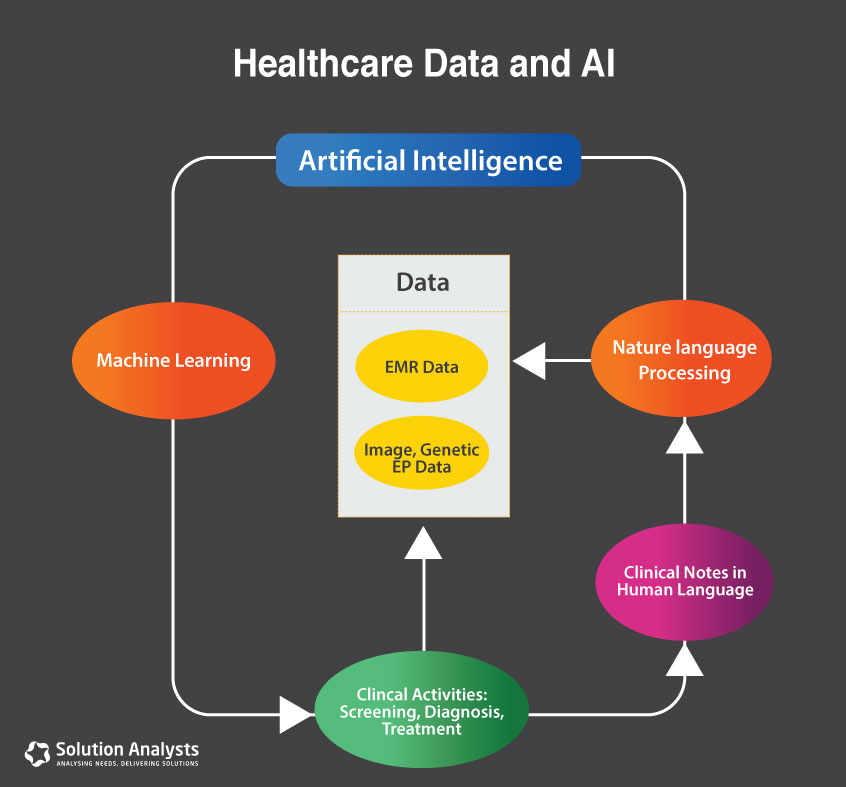
So, What AI can provide the healthcare sector in the course of data management?
- Appropriate Data Transmission: Healthcare is always subject to the transfer of critical data or information to entitle parties. Whenever data transmission takes place, it should be conducted in a streamlined manner. Embracing AI-based solutions, data transmission becomes as easy as pie. Quick examples, chatbots in healthcare, smart cards, and big data integration in healthcare.
- Automate Data Flow: Maintaining patient medical data and utilizing them on a timely basis is a common process every medical service provider follows. Managing bulk data manually is no more a relaxed-full task. In contrast, AI automates the process of sharing data from one endpoint to another seamlessly.
- Optimize Data Storage: Storage of data on paper has its disadvantages and limitations that can’t be ignored. AI has changed more than one way in which unmeasurable data is stored. Digitalization through AI algorithms helps in optimizing and maintaining data.
Transforming patient experience
According to a survey of more than 300 doctors and health systems, more than 70% of them had less than 50% of their patients who were highly involved, and 42% had only under 25%.
AI-driven patient engagement solutions enable healthcare service providers to get insight into helping the patient to be more focused regarding their health. This allows hospitals, and clinics to create a high level of engagement process with patients by driving meaningful customer relationships. Organizations can highly invest in getting AI-powered intelligent solutions that automates and conduct routine and time-consuming tasks on behalf of a patient, such as appointments and scheduling processes.
AI-based Clinical Application: The Future of Healthcare
The digitized healthcare industry presents a bulk of opportunities for minimizing human error, enhancing operation execution, achieving targeted clinical outcomes, and better control over real-time data. AI consists of various methods namely machine learning, natural language processing, rule-based experts, and so on. To ensure the well-being of patients, and the right records maintained through artificial intelligence, these methods internally create a foundation.
As a result, in this digital age, AI implementation is a must but while implementing encountering barriers is the norm. You can overcome those challenges more rapidly by shaking hands with the right mobile app development company. Solution Analysts is here for you – A leading Digital Solution Provider that has a huge list of the latest offering technologies and AI is one of them. Contact us right away at info@solutionanalysts.com







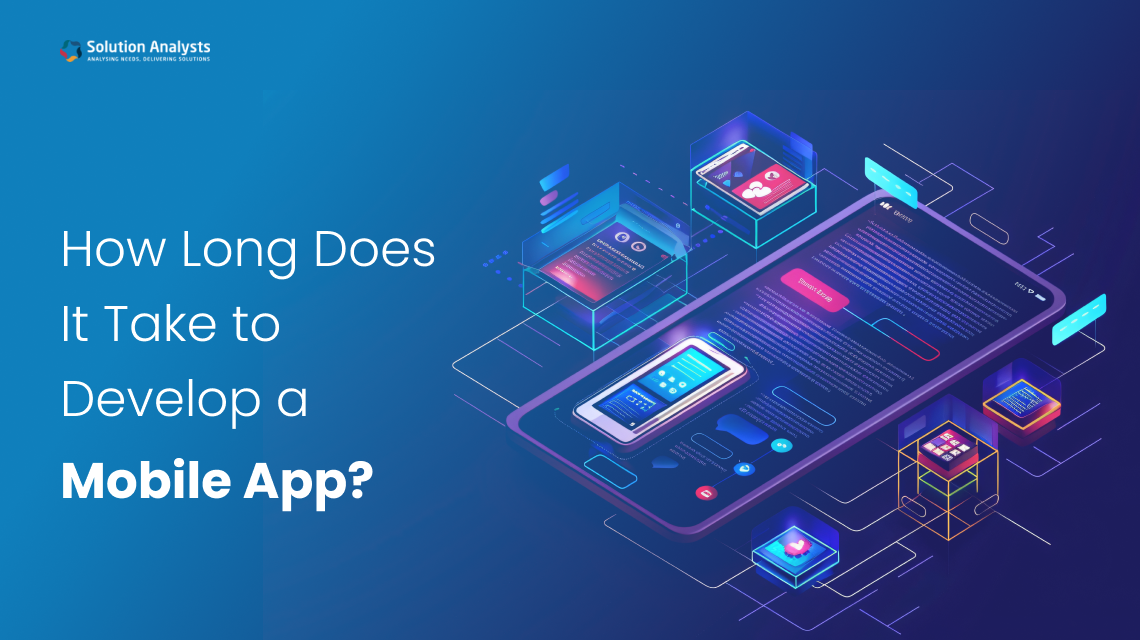

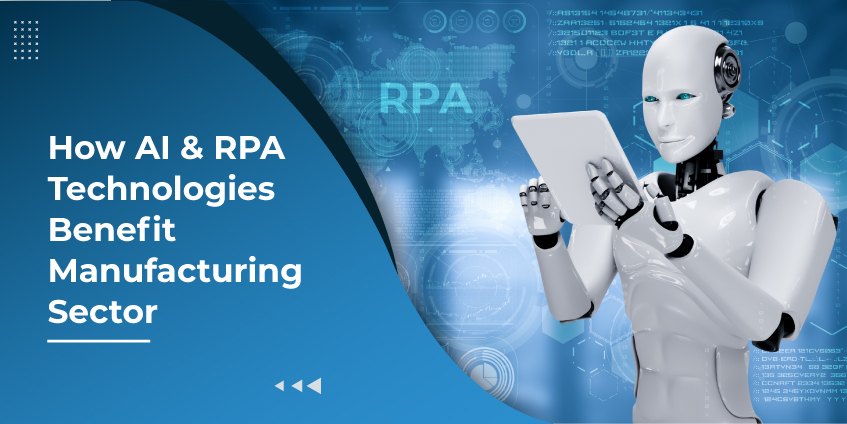
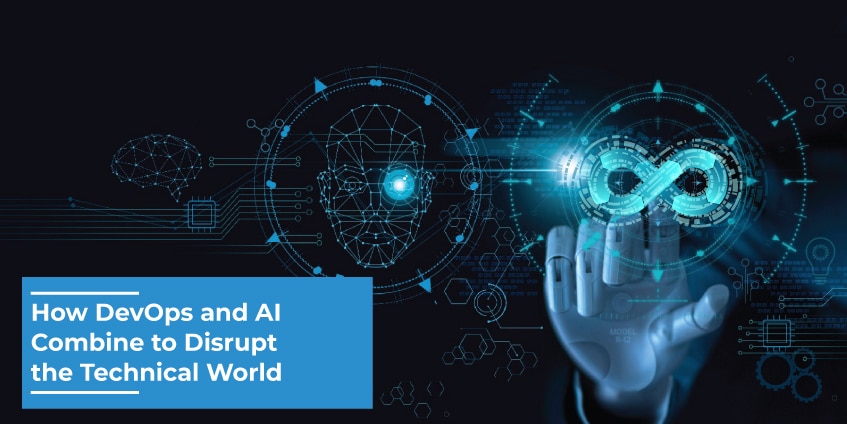
 sales@solutionanalysts.com
sales@solutionanalysts.com biz.solutionanalysts
biz.solutionanalysts






